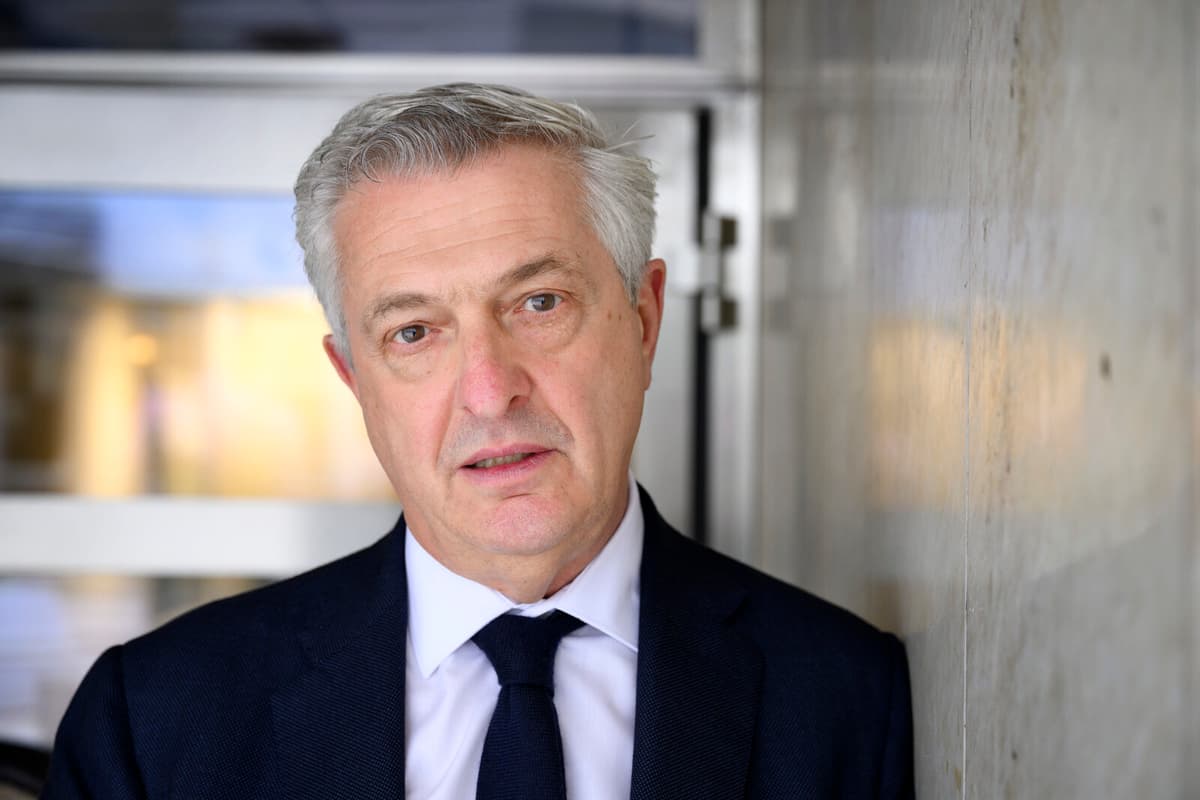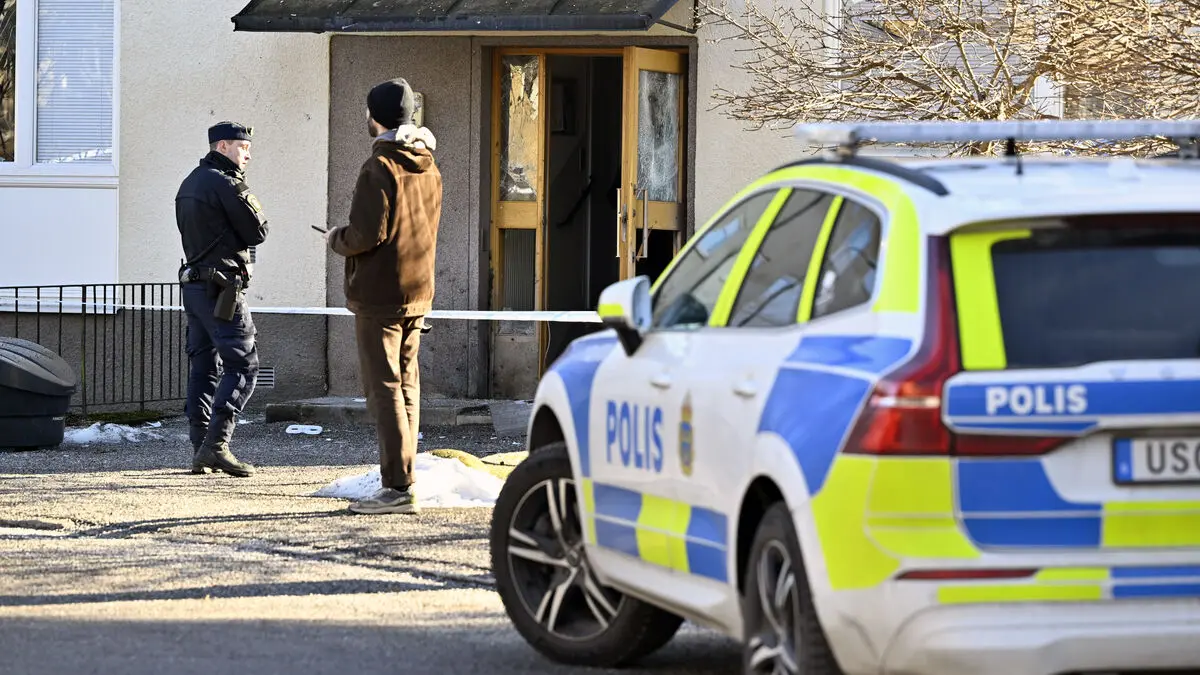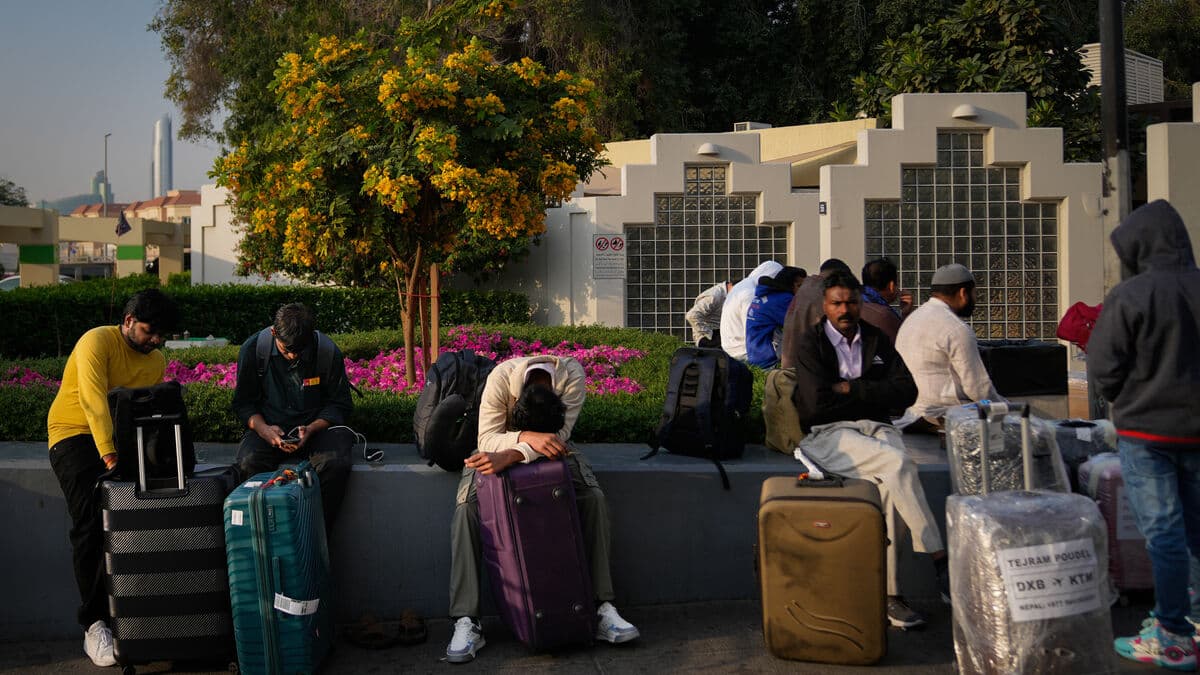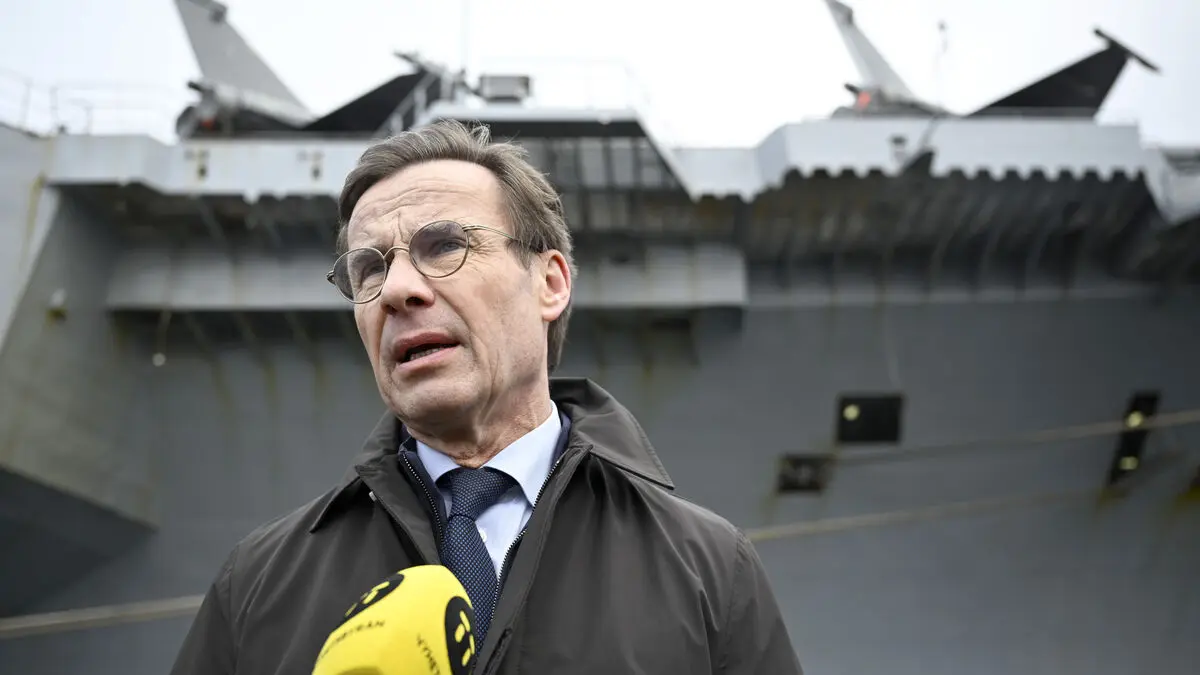Grandi visits Sweden when a decade as High Commissioner for the refugee organization UNHCR is coming to an end. He wants to say thank you, but perhaps most of all "Please - continue".
The 68-year-old veteran diplomat feels a great concern as country after country takes steps back from the international community and the rule of law. More people are being driven into flight in increasingly brutal conflicts where less and less consideration is given to humanitarian law, he warns.
I experience that the foundation is weaker than it was when I started, says Grandi.
To demand accountability for crimes against human rights is very difficult to maintain because it immediately overlaps with politics. But if it does not happen, the entire system becomes weaker and weaker.
Gaza as an example
Much of this is highlighted in the raging Gaza war: enormous civilian suffering, numerous war crimes and an inability of the outside world to intervene.
Filippo Grandi has worked in the region for a long time, when he previously led the special UN agency responsible for working with Palestinian refugees (Unrwa). He emphasizes that Hamas' attack on Israel on October 7, 2023, and its hostage-taking constitute clear crimes.
But the response, to completely destroy an entire society and entire cities, is unacceptable and constitutes a crime against international law. It is a very large example today of what I mean.
Thrown out of the UN
During the war, Israel has thrown out Unrwa from Gaza. A condemned Israeli-American initiative that has stepped into the UN's place has clearly shown that it cannot provide the help required and also exposes people to danger, according to Filippo Grandi.
What role does the UN have left to play? First and foremost, to be prepared to intervene if and when a ceasefire comes into effect, according to Grandi.
Even if we get a ceasefire, and this hell on earth finally comes to an end, a proper peace process is required. If you do not resume the discussion about a two-state solution, you can have ceasefires that last for days, weeks or months. It will only start again, says the Italian, and adds that what happens has unimaginable consequences also for the security of the state of Israel.
"Where erosion occurs"
It's not just about Gaza, emphasizes the refugee commissioner. He mentions Ukraine, Sudan, Congo-Kinshasa, Yemen, Myanmar, and several other conflicts where the outside world is unable to put its foot down. And it's about the laws of war, humanitarian law, human rights, and asylum law - principles that the UN is built on.
It is the Security Council that makes sharp decisions. There, the invading power Russia sits with a veto, as well as the USA, which has stopped demands for a ceasefire in Gaza several times.
It has become a fairly dysfunctional body, says Grandi.
The institution is not stronger than its member states. That's where erosion occurs and that's where the UN's reputation as a system for international coexistence fades.
Martin Mederyd Hårdh/TT
Facts: United Nations
TT
The United Nations was formed during the final stages of World War II. The UN Charter was signed by 51 member states in the summer of 1945 and came into force on October 24 of the same year. Today, the UN has 193 member states.
The work is led by the Secretary-General, since 2017 the Portuguese António Guterres. The UN Charter is based on four goals, in brief: to maintain world peace, to work for good relations between countries, to promote human rights and freedoms, and that the UN should be a "center" in the countries' efforts towards this.
Member states meet, debate, and vote in the General Assembly, but there, binding decisions are generally not made. Binding resolutions are made in the Security Council, whose five permanent members France, China, Russia, the United Kingdom, and the USA have a veto.
Other main bodies within the UN are the Economic and Social Council, the Trusteeship Council, the International Court of Justice, and the Secretariat.
Born in 1957 in Milan, Italy. Has worked with refugee issues and humanitarian crises within the UN sphere for over three decades.
Has been the UN High Commissioner for Refugees, the highest chief at UNHCR, since 2016. Leaves the post at the turn of the year.
Was head of the UN agency for Palestinian refugees (Unrwa) 2010-14 and previously its deputy head 2005-10.
Has previously held leading UN assignments and coordinated crisis efforts and refugee work in conflicts in, among other places, Afghanistan, Congo, Iraq, Sudan, and many other places in Africa and Southeast Asia.
Source: CV via UNHCR.






